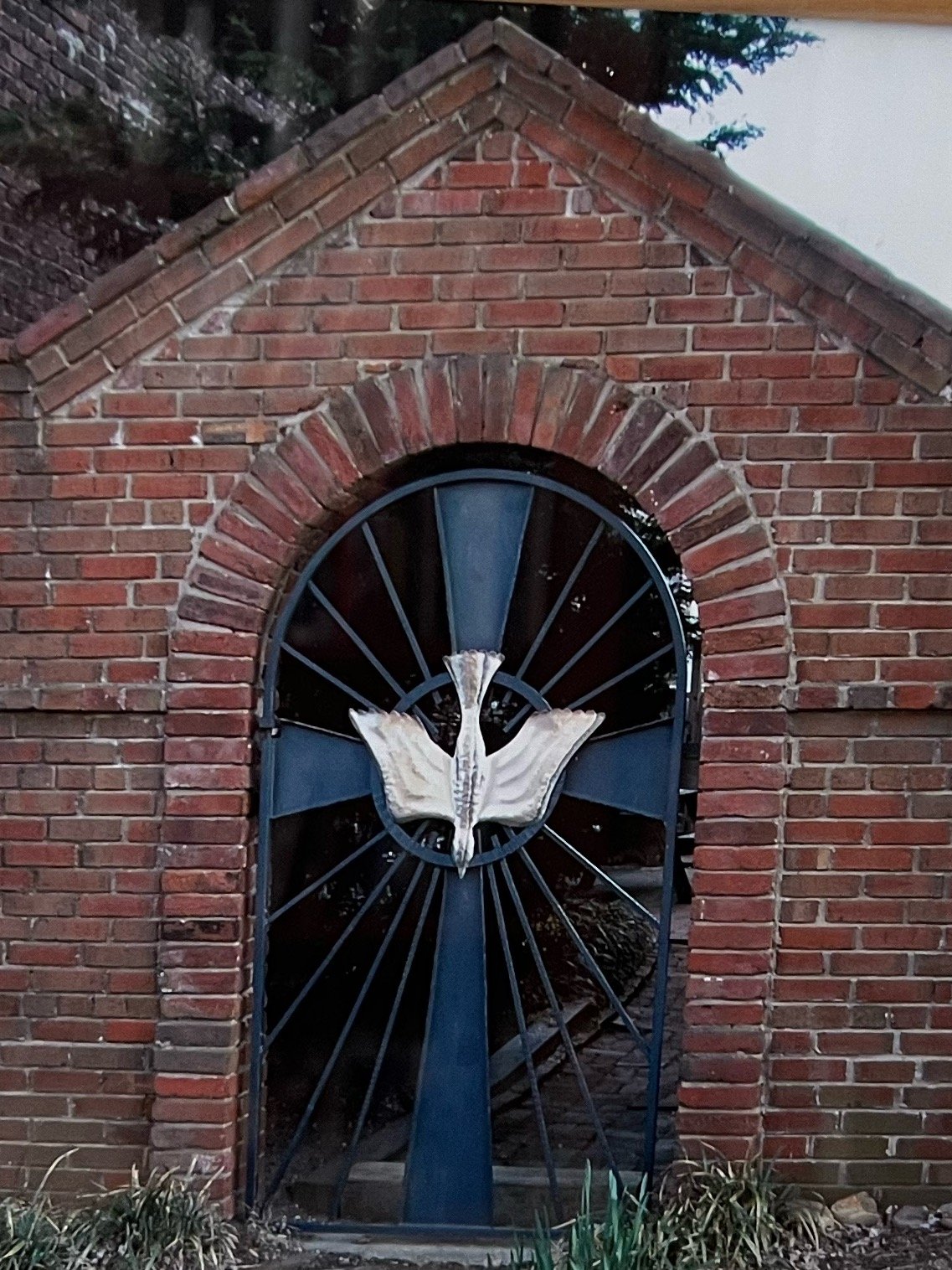
Fifty seven years ago this week on April 4, 1967 Dr. Martin Luther King, Jr. delivered the landmark speech “Beyond Vietnam: A Time to Break Silence” at Riverside Church in New York City. Although it is not nearly as well known as “I Have a Dream” or “I’ve Been to the Mountaintop,” it is just as important in order to understand the depth of his commitment to nonviolence and racial justice. In that speech, Dr. King gave a penetrating analysis of the unjust war in Vietnam and called for specific steps to bring that war to an end. He also called for a “revolution of values” that would reject war as the way to settle international disputes. The following quote from the speech still speaks to us today at a time when our world is caught in a cycle of unending war:
A true revolution of values will lay hand on the world order and say of war, “This way of settling differences is not just.” This business of burning human beings with napalm, of filling our nation’s homes with orphans and widows, of injecting poisonous drugs of hate into the veins of peoples normally humane, of sending men home from dark and bloody battlefields physically handicapped and psychologically deranged, cannot be reconciled with wisdom, justice, and love. A nation that continues year after year to spend more money on military defense than on programs of social uplift is approaching spiritual death.
At the time when he spoke these words, Dr. King received widespread criticism from both conservatives and liberals who said that he was naive and should stick to “civil rights.” Yet most historians have vindicated his analysis of the Vietnam war. The current horrific wars in Gaza, Ukraine, and Sudan, are further evidence of the futility of war as a way to bring peace. Earlier in the speech at Riverside Church, Dr. King spoke of his personal motivation for opposing the war:
And I cannot forget that the Nobel Peace Prize was also a commission, a commission to work harder than I had ever worked before for the brotherhood of man. This is a calling that takes me beyond national allegiances. But even if it were not present, I would yet have to live with the meaning of my commitment to the ministry of Jesus Christ. To me, the relationship of this ministry to the making of peace is so obvious that I sometimes marvel at those who ask me why I am speaking against the war.
The video posted below provides a glimpse into Dr. King’s commitment to peace in a time of war and the price he paid. Exactly one year to the day after he gave the speech at Riverside Church, Dr. King was assassinated in Memphis, TN on April 4, 1968. For those of us who identify as followers of Jesus, Dr. King’s commitment to the ministry of Jesus Christ is a challenge to commit ourselves to peacemaking as an essential aspect of Christian discipleship.
